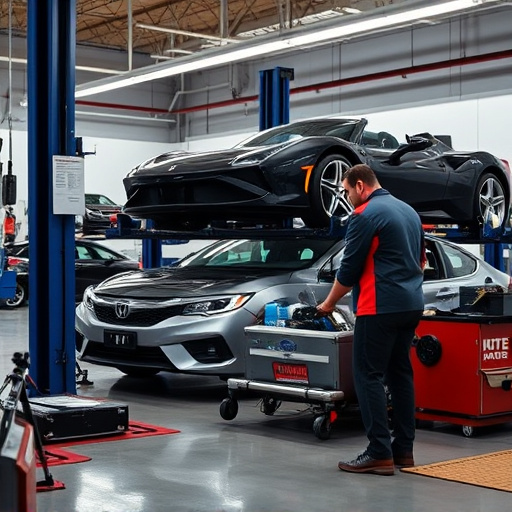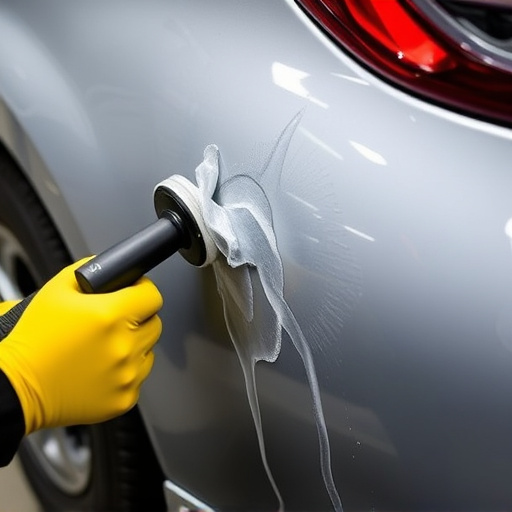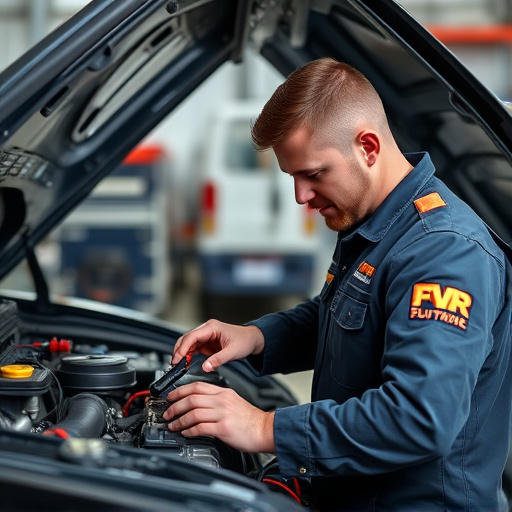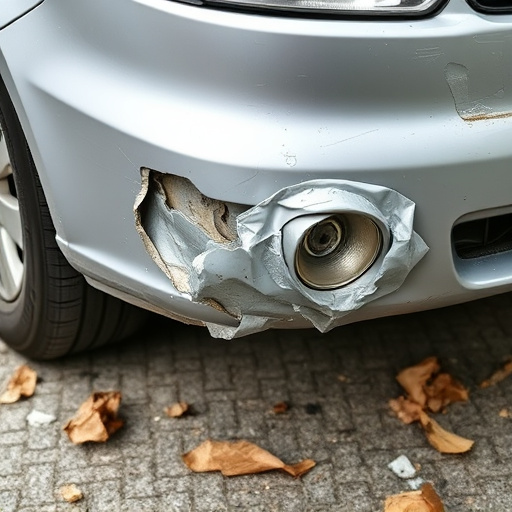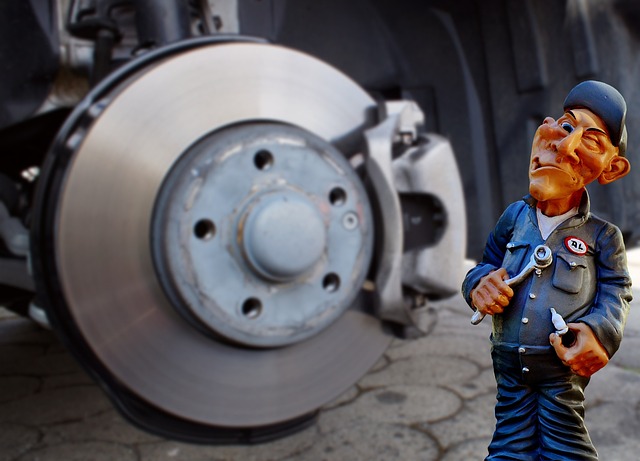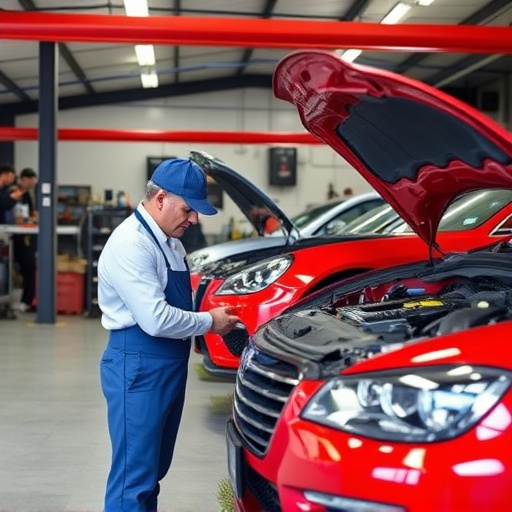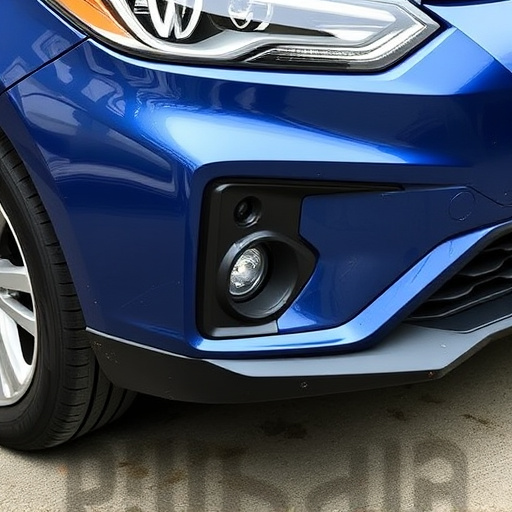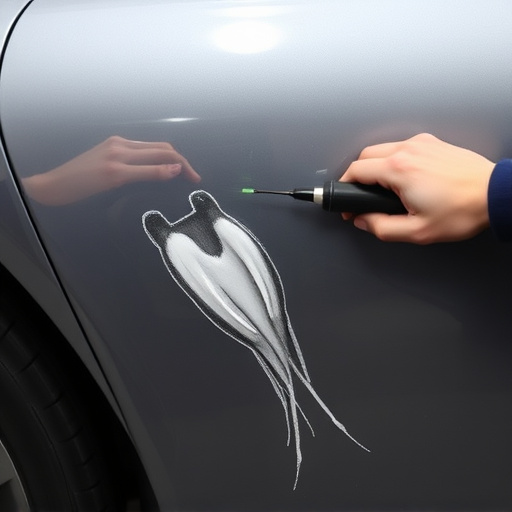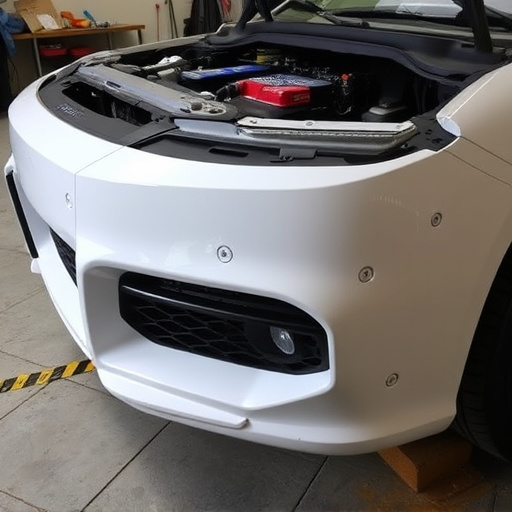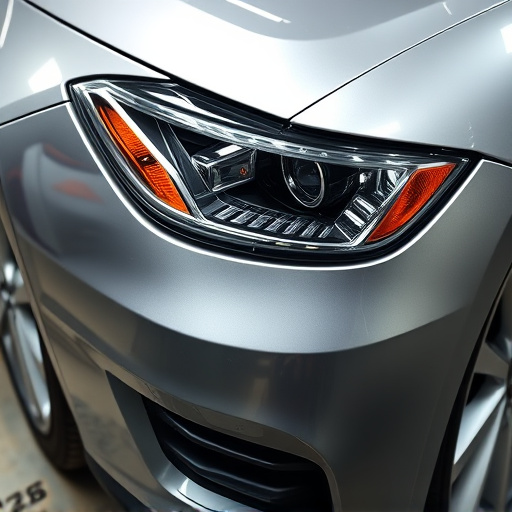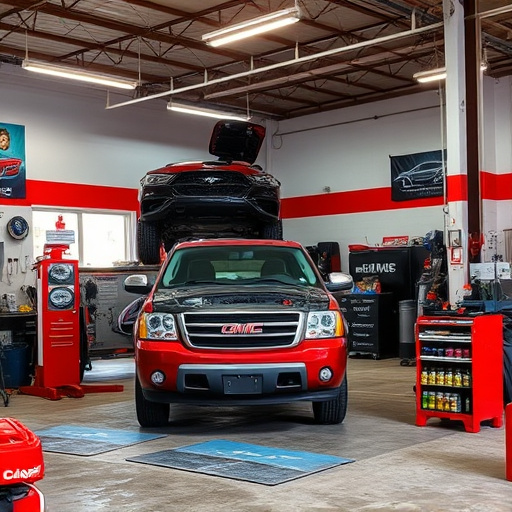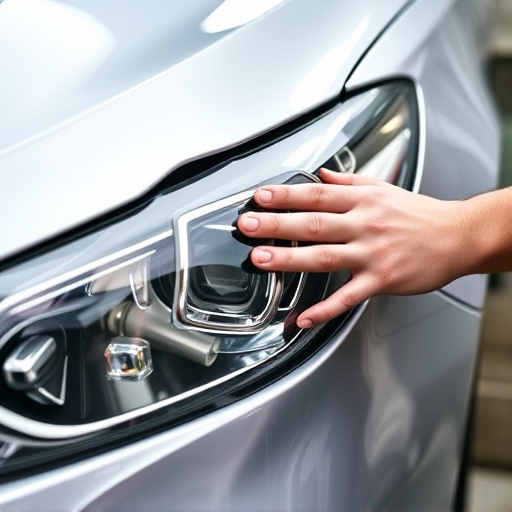High-strength steel panels offer superior durability and impact resistance, making them a top choice across industries for structural integrity. Their advanced manufacturing techniques ensure excellent corrosion protection, dimensional stability for precise repairs, and cost-effectiveness in collision centers. Aluminum panels, though lightweight and also resistant to corrosion, are better suited for automotive manufacturing's aesthetic focus due to their lower cost but inferior durability against impact and corrosion compared to high-strength steel.
In the quest for robust yet lightweight construction materials, two prominent contenders emerge: high-strength steel panels and aluminum panels. This article delves into the unique properties and advantages of each, highlighting their distinct strengths. High-strength steel panels offer exceptional durability and strength, making them ideal for demanding applications. In contrast, aluminum panels provide light weight and superior corrosion resistance, appealing to projects seeking efficiency and longevity in harsh environments. We’ll explore a comprehensive comparison, considering durability, cost, and diverse applications, to guide informed material choices.
- High-Strength Steel Panels: Properties and Advantages
- Aluminum Panels: Light Weight and Corrosion Resistance
- Comparison: Durability, Cost, and Applications
High-Strength Steel Panels: Properties and Advantages
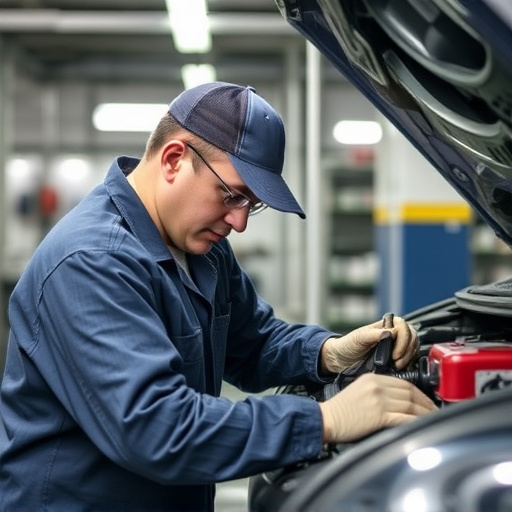
High-Strength Steel Panels are engineered to offer exceptional durability and rigidity, making them a preferred choice for various industries, including automotive and construction. These panels are designed with advanced manufacturing processes that enhance their structural integrity, allowing them to withstand extreme forces and stresses without compromising strength or performance.
One of the key advantages of high-strength steel panels is their superior impact resistance. They can absorb and distribute energy efficiently during accidents or impact events, providing enhanced safety in vehicle repair and car bodywork applications. Moreover, these panels are known for their excellent corrosion resistance, which ensures longevity even in harsh environmental conditions. Their ability to maintain dimensional stability over time makes them ideal for precise frame straightening, contributing to the overall quality of repairs.
Aluminum Panels: Light Weight and Corrosion Resistance
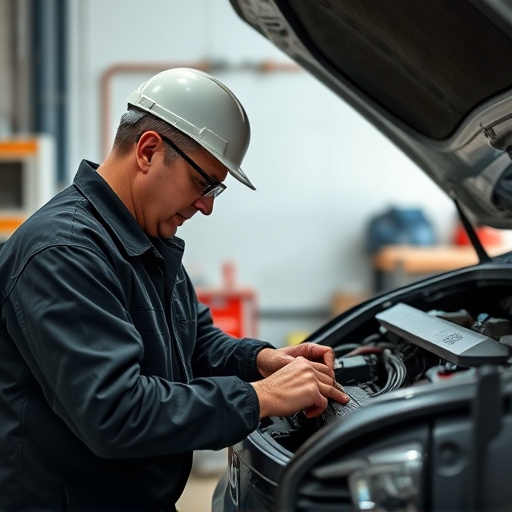
Aluminum panels are renowned for their remarkable light weight and superior corrosion resistance, making them a popular choice in various industries, including automotive manufacturing. Their lightweight nature is particularly advantageous in vehicle construction, as it enhances fuel efficiency and overall vehicle performance. This feature is especially relevant when considering modern high-performance cars, where every gram counts. Moreover, aluminum’s natural resistance to corrosion ensures that vehicles retain their structural integrity over time, reducing the need for frequent frame straightening or mercedes benz repair tasks at the vehicle body shop. This durability translates into cost savings and less downtime for both manufacturers and owners.
Comparison: Durability, Cost, and Applications
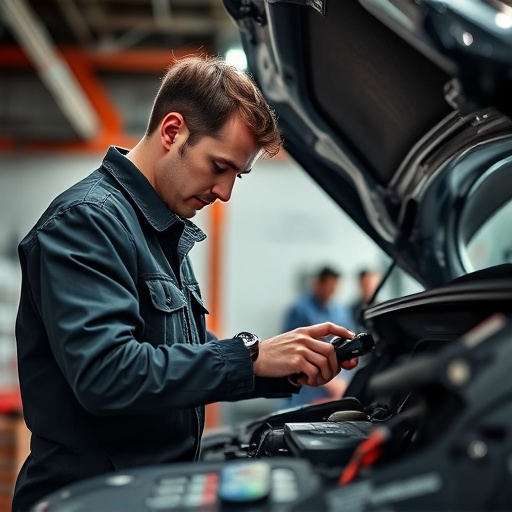
When comparing high-strength steel panels to aluminum panels, durability is a key factor. High-strength steel panels offer superior resistance to corrosion and impact damage, making them ideal for demanding applications like automotive bodies. These panels can withstand harsh weather conditions and years of wear and tear, ensuring longevity in various environments. In contrast, while aluminum panels are lighter and easier to work with, they tend to show signs of oxidation over time and may not be as resilient against significant impacts.
In terms of cost, high-strength steel panels generally carry a higher price tag compared to their aluminum counterparts. However, the added durability often justifies the investment, especially for applications requiring frequent repairs or replacements. For instance, a collision repair center might opt for high-strength steel panels during fender repair services to ensure the car’s structural integrity and protect against future damage. In contrast, aluminum is more cost-effective for specific uses where aesthetics are primary, such as custom car paint services.
When choosing between high-strength steel panels and aluminum panels, understanding their unique properties is key. High-strength steel excels in durability and strength, making it ideal for demanding applications like construction and industrial settings. Aluminum panels, on the other hand, offer lightweight design and superior corrosion resistance, which is advantageous in coastal or humid regions. In terms of cost, high-strength steel may have a higher upfront investment but can provide long-term savings due to its longevity. Ultimately, the choice depends on specific project requirements, with each material offering distinct benefits that cater to different needs.
